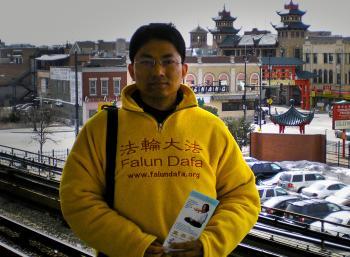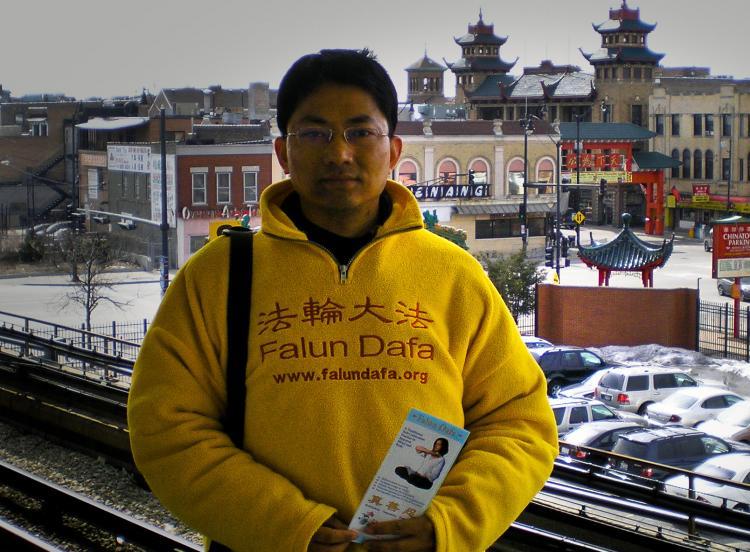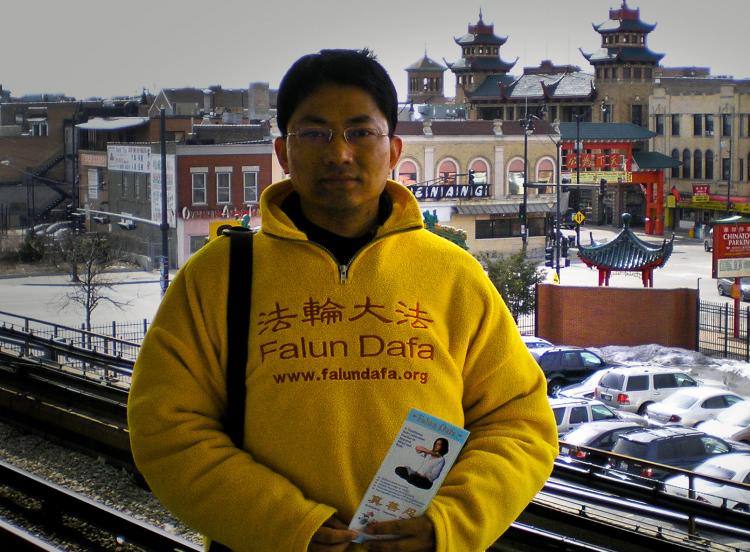The pistachio nut recall in the U.S. brings up memories William Huang would rather forget. The pistachios consumers buy always have their shells open, like a smile. That’s why Chinese people call pistachio nuts “happy nuts.”
But Huang’s experience was the opposite. During his experience being illegally detained in a labor camp in China, Huang was forced to open the shells of pistachios with large pliers for 16-20 hours a day.
“We had to put the pistachio nuts in water first so the shell became softer—some prisoners used urine for this step,” he said.
“Our cell was 10 meters squared for 20 prisoners and it doubled as our workshop.” The bench they worked on became their bed at night.
Huang said he and his cellmates had to pry the shells open for three months between March and June 2001. “We used very big iron pliers to open them … My hands got blisters, bloody blisters, they were very painful,” he said. But he could not stop working or heal his hands.
The guards at the 2nd detention center in Zhuhai, China, told them that the pistachio nuts had come from the U.S. They got shipped back to the USA once opened. “We were warned not to use pork oil to help open the nuts because it would absorb bugs and become a problem to export back to the U.S.A,” Huang said.
Huang was arrested and tortured for practicing Falun Gong—a spiritual practice persecuted by the Chinese regime since 1999. He endured five years in “re-education-through-labor” camps in China and was forced to make Christmas lights and plastic flowers for export, as well as high-quality sweaters, and rattan chairs and baskets.
Huang escaped to the U.S. in March 2008 and is completing his PhD in Mechanical Engineering at Ohio State University.
Pistachio Recall Sparks Bitter Memories
The pistachio nut recall in the U.S. brings up memories of a Chinese labor camp that William Huang would rather forget.

William Huang in New York after he reached safety in 2008. The Epoch Times

Charlotte Cuthbertson
Senior Reporter
|Updated:





